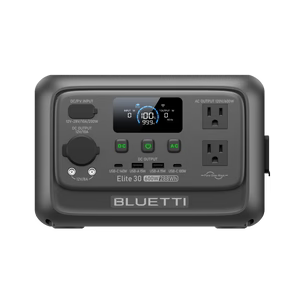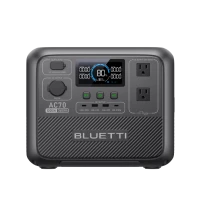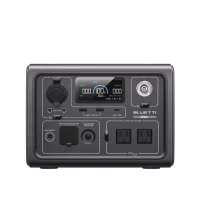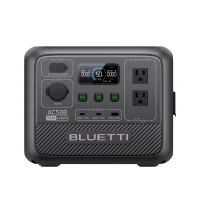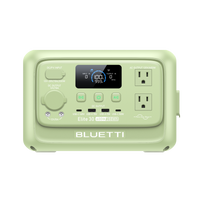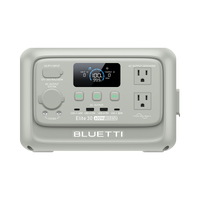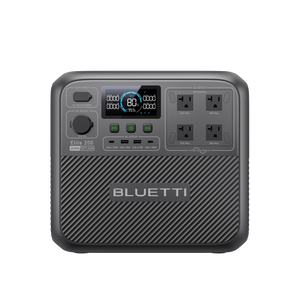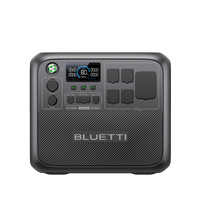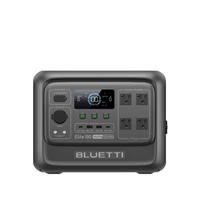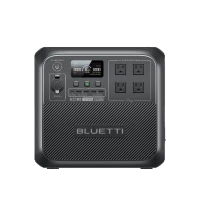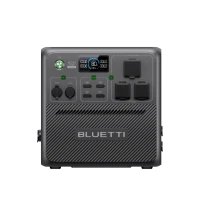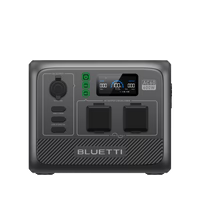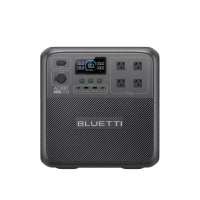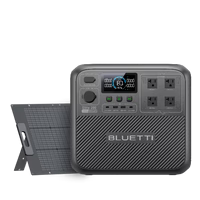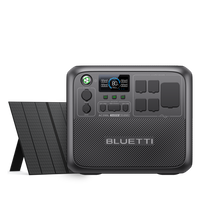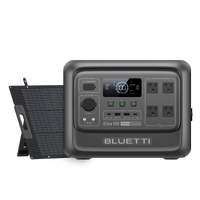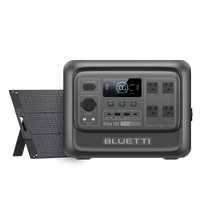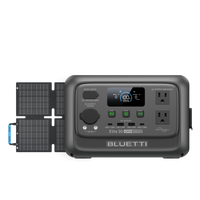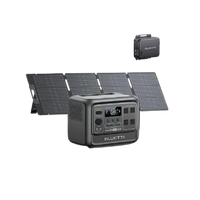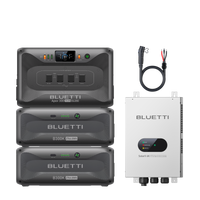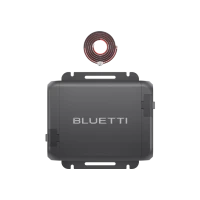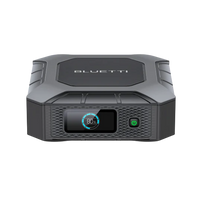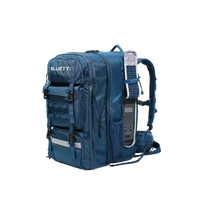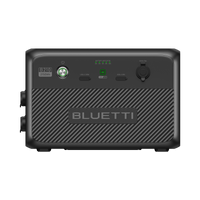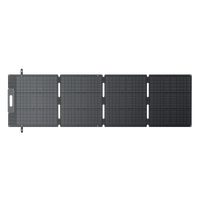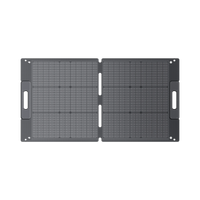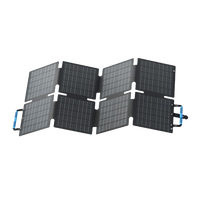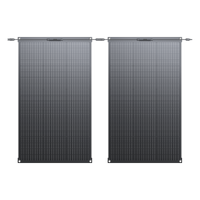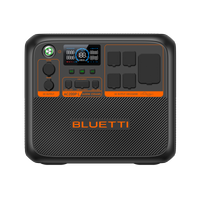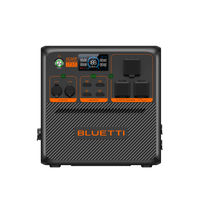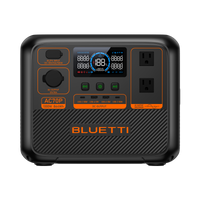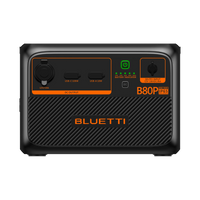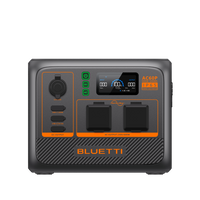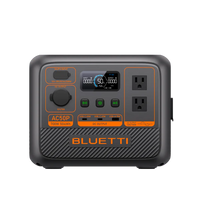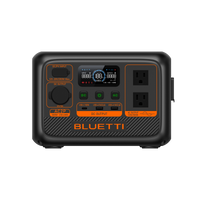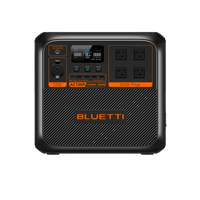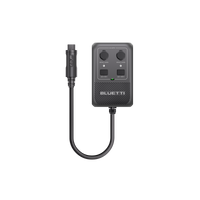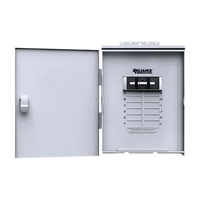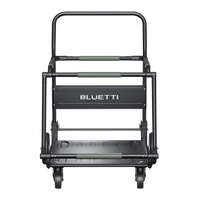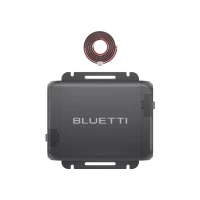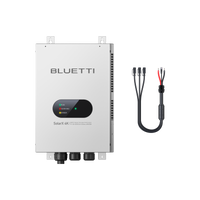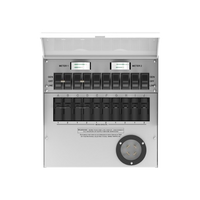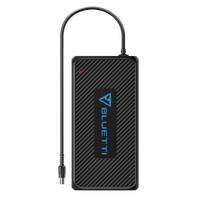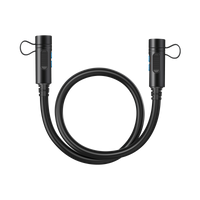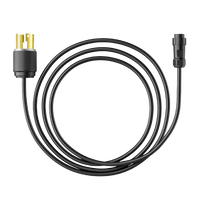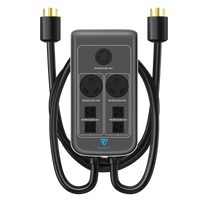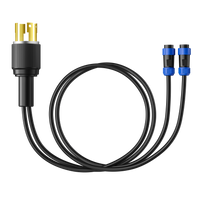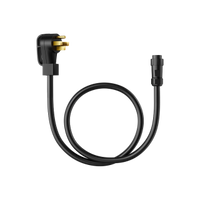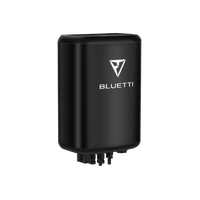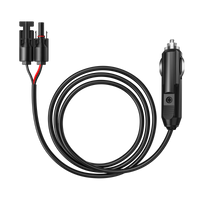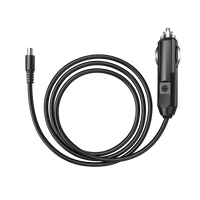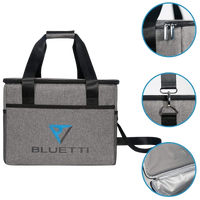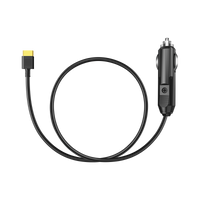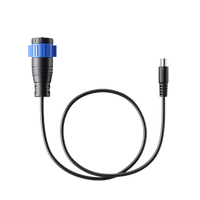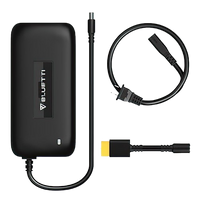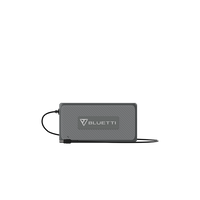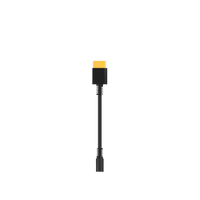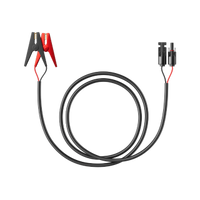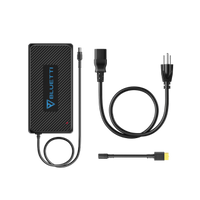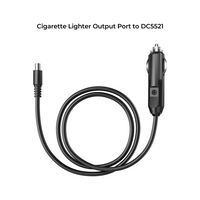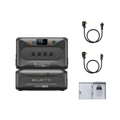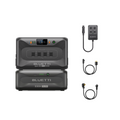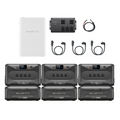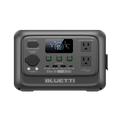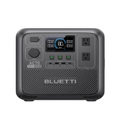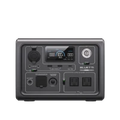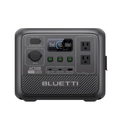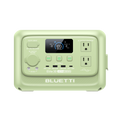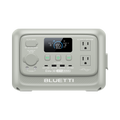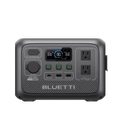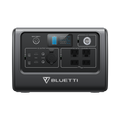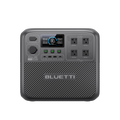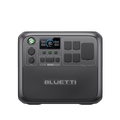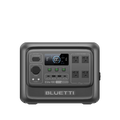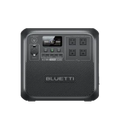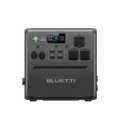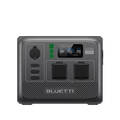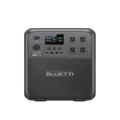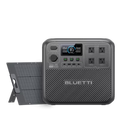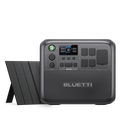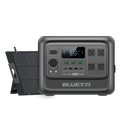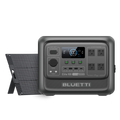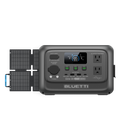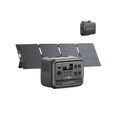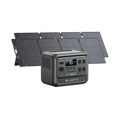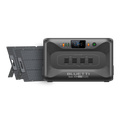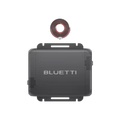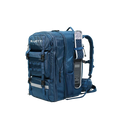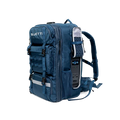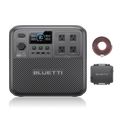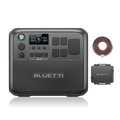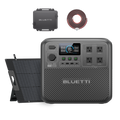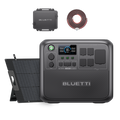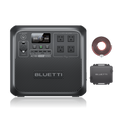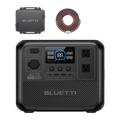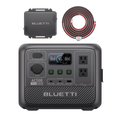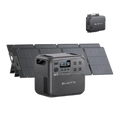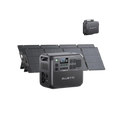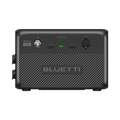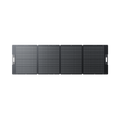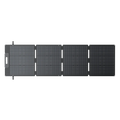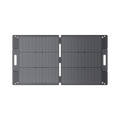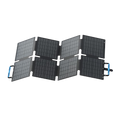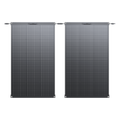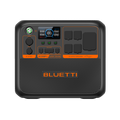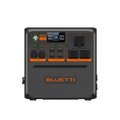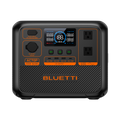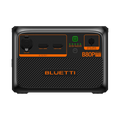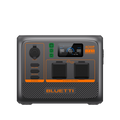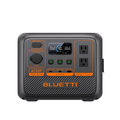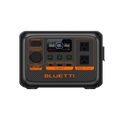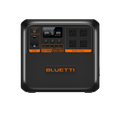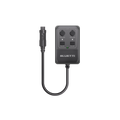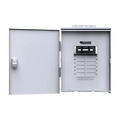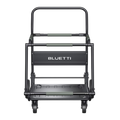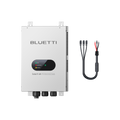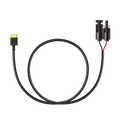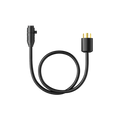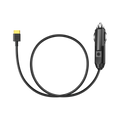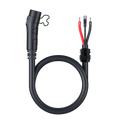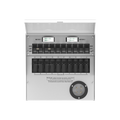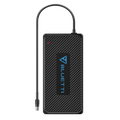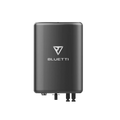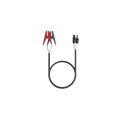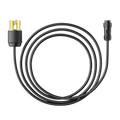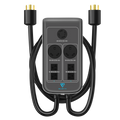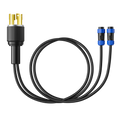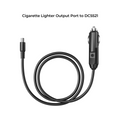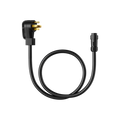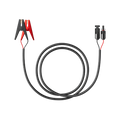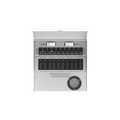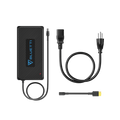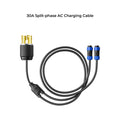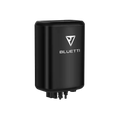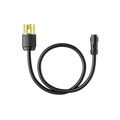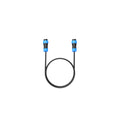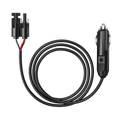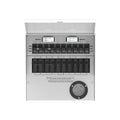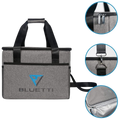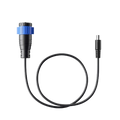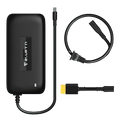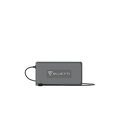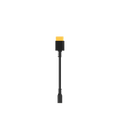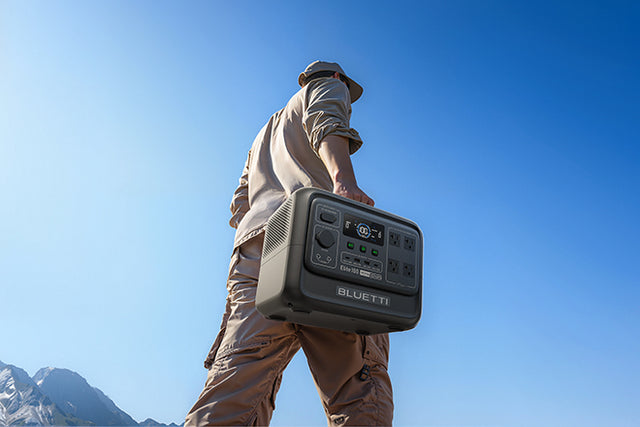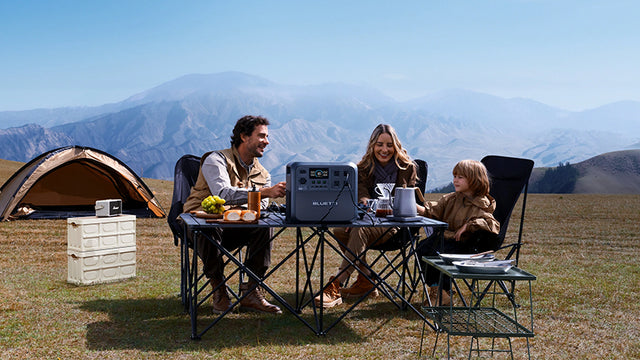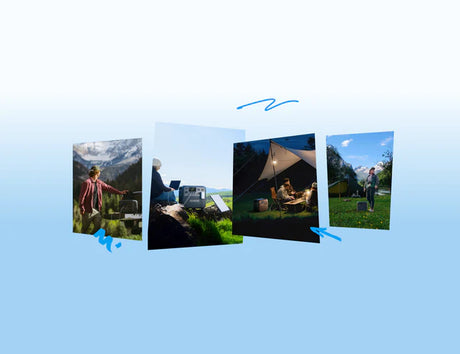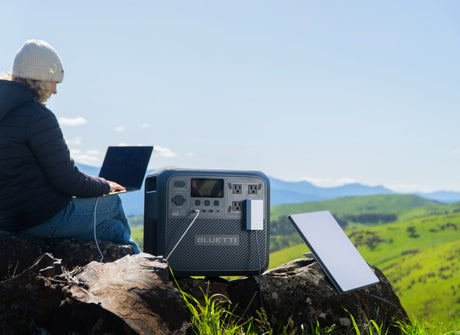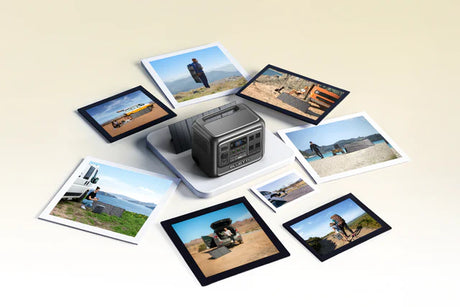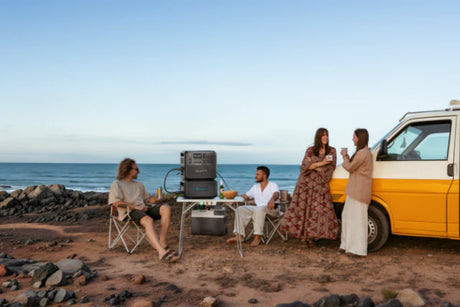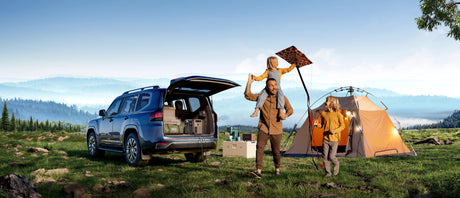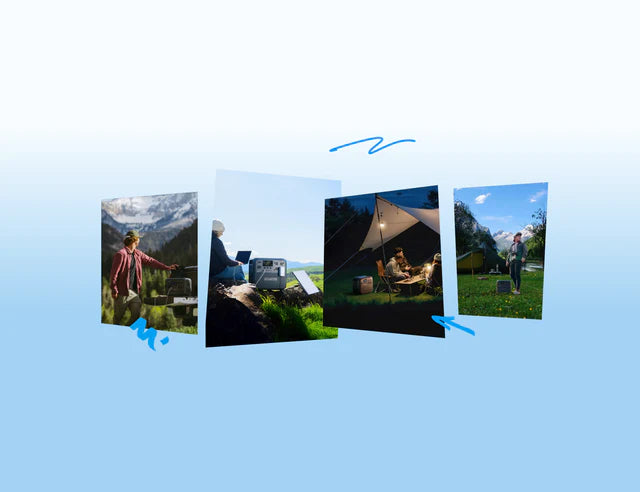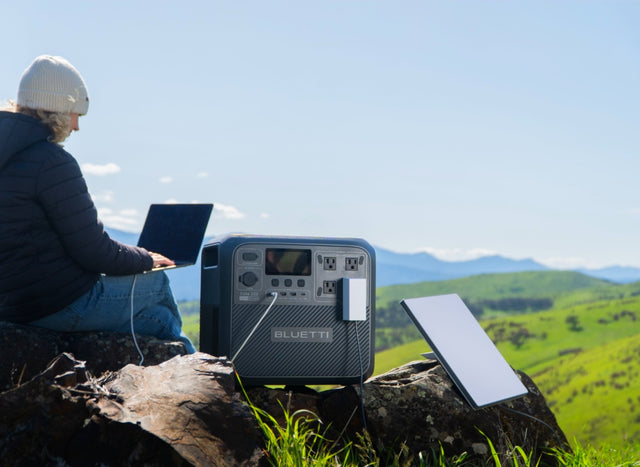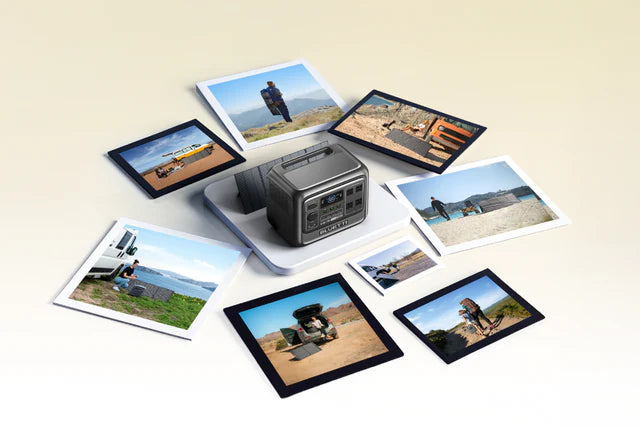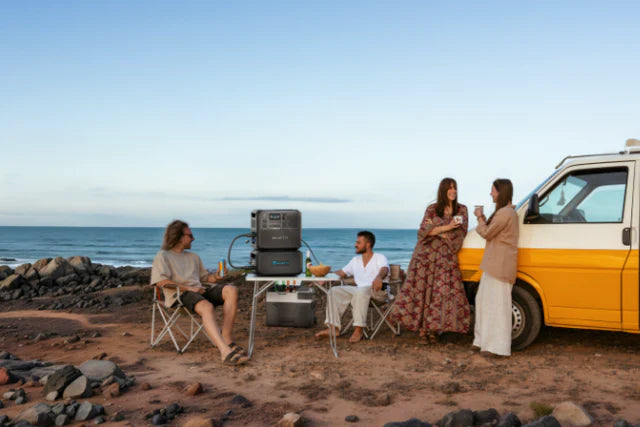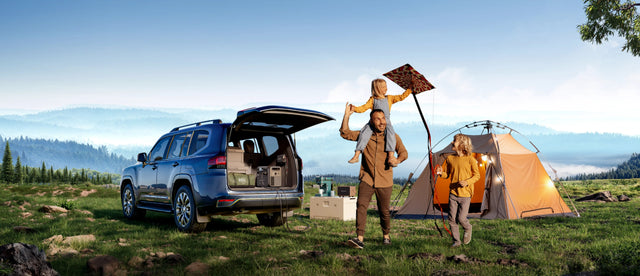Looking to book an epic hunt experience out in Alberta this year? In this Alberta Canada hunting seasons guide, you’ll receive everything that you need for a great and ethical time. We’ll cover all the latest 2025 season dates, licensing requirements, species-specific regulations, zones and WMU details and weapons rules as well as land-use guidelines and some practical tips for ethical hunting. You’ll emerge with the confidence of knowing whether you’re a new or experienced hunter prepared to hunt safely, legally and sustainably across Alberta’s varied wilderness, all from one convenient resource.
Seasons and Zones
The province of Alberta describes hunting seasons according to the Wildlife Management Units (WMUs) wherein specific open and close seasons are set for a given species by weapon type. What you learn from your WMU and allowed species determines how and when you can hunt.
Big Game Hunting Seasons
Knowing Alberta Canada hunting seasons is very important when you are planning a hunting trip in the province, and things do change based on WMU (Wildlife Management Unit) as well as species. Each big game species has seasons, limits and licenses that help promote conservation and provide opportunities for sustainable harvest.
White-tailed Deer
In Alberta Canada for hunting season, most WMUs are available to open between October 1 and November 30 for Sheehan's Pandosy ranch. But in WMUs 123, 124 and 126 in the south of the province, archery is allowed only from October 24 to November 30. Hunters are also reminded that WMUs 302-338 are closed to white-tailed deer hunting at any time during the day.
Mule Deer
Alberta Canada hunting seasons state that some zones will have restrictions and/or a muzzle loader season while others do not. In WMUs 100-399, however, they allow either-sex hunts with some additional regulations around urban areas where deer have greater pressure to wildlife. Know the regulations in their specific zone and avoid penalties while ensuring compliance.
Elk
Alberta Canada Elk hunting is usually done September 1 – December 21 (depending on WMU and license type). A few special draws, including the Minister’s Draw for trophy and antlerless elk, are done by application using a Wildlife Identification Number (WIN). The diversity offers both general season and limited-entry draw options that cater to varying hunting desires.
Moose
Alberta Canada Hunting Seasons are the main moose hunting season in Alberta, and they have much more limited times. Fall is September 23–30, November 15–30. There are numerous areas that work off limited tag allocations, many on a draw basis to balance hunting success with conservation. Because of that high demand and limited availability, hunters often apply years in advance for their moose tag.
Bison
Bison hunting is one of the least common choices in Alberta Canada hunting seasons, and can only be found in a handful of WMUs or game preserves. Special permits and stringent harvest restrictions have been implemented to help protect continuing wild population recovery. Due to these limitations, bison hunts are carefully managed.
Bear
Alberta Canada hunting seasons for bears is split up into spring and fall with the hunting seasons from April 15 to June 15th and September 1st to November 30th. A few WMUs offer an early bow-only season from August 15–31, providing archery hunters a running start. Licences include rules around baiting and dogs as the province works to find that balance between hunting opportunities and morality.
Waterfowl and Upland Bird Seasons
During hunting seasons in Alberta Canada, hunters can target many species of migratory and upland birds. They are specific, carefully managed seasons that are consistent with conservation objectives, international agreements and provincial management policies.
Waterfowl
Alberta Waterfowl hunting seasons are from early September to December 10 (varies on species and zone). Hunters do follow federal waterfowl regulations, which in turn respond to international treaty obligations that aim at conserving migratory populations.
Upland Birds
Alberta Canada hunting seasons for upland game birds are specifically directed toward species such as ruffed, sharp-tailed grouse and ring-necked pheasants. Most upland bird seasons are set from September 1 through December 31 and frequently run concurrently with big-game hunts, allowing hunters to experience an assortment of harvest on the same trip.
Predator Hunting
Predator hunting is also considered one of the Alberta Canada hunting seasons, with the rules that are in place to regulate how many can be killed to maintain an equal balance between population control and ecological stability. Animals like coyotes and wolves require a different type of management than birds or big game, with rules that can be more easily adjusted to the vagaries of the environment.
Coyotes
Coyotes may generally be hunted year round except, or with respect to huntables in WMUs 446 and 447 where restrictions or closures may be in effect. Coyotes have no bag limit, but hunters still must adhere to legal weapon restrictions. So, that makes the coyote about the easiest predator hunt we’ve got in the province.
Wolves
Alberta wolf hunting seasons are determined according to Population control requirements. Conservation measures have curbed or closed hunts in areas where populations are at risk or recovering. Such adaptive management helps to ensure that Alberta can achieve a sound balance between predator control and long-term protection of species.
|
Species |
Season Dates (2025) |
Details |
|
White-tailed Deer |
Oct 1 - Nov 30 |
ARCHERY/Firearms (restricted in WMUs 302-338), must comply with tagging and reporting requirements |
|
Mule Deer |
Sept 10 — Nov 30 (varies by zone) |
Varying archery and gun seasons, area-specific adjunct rules |
|
Elk |
Sept 1 - Dec 21 |
Special draw hunts included, Minister's draws for trophy elk |
|
Moose |
Sept 23-30 & Nov 15-30 |
Complex WMU regulations, antlered-to-antlerless distinctions |
|
Bison |
Varies (restricted zones) |
Special licenses and recovery protocols are mandatory |
|
Black Bear |
Apr 15 - Jun 15 and Sept 1 - Nov 30 |
Pre-season Bow-Only Aug 15-31, Strict baiting regulations |
|
Ducks, Geese |
Sept - Dec 10 |
Federal Migratory Bird regulations strictly enforced |
|
Upland Birds |
Sept 1 - Dec 31 |
Includes grouse & pheasant. Small game seasons overlap |
|
Coyotes |
Year-round |
Limited in specific WMUs. No bag limits, but firearm restrictions apply |
|
Wolves |
Varies by WMU |
Restricted by conservation status in some areas |
Rules and Licensing Requirements
Each license and tag is closely managed to promote lawful hunting, conservation funding and effective management of wildlife throughout the province.
Wildlife Identification Number (WIN)
The Wildlife Identification Number (WIN) is required for anyone planning to hunt game species in Alberta Canada hunting seasons. It's $8 plus GST and gives you a five-year eligibility card where you need to begin before applying for licences, tags or draws. Without a WIN card no hunter can legally apply for the licenses required to hunt game in Alberta.
Resident & Non-Resident Licences
Resident licences are much cheaper and more available, while non-resident hunters have to take a back seat to Alberta Canada hunting seasons. Certain big game animals can only be hunted with a local host or guide as they’re considered non-game.
Draws
A draw is a significant component of Alberta Canada hunting seasons, most especially for big game animals which are in demand. In 2025, major draw took place from May 27 – June 19 and results announced by July 8. Hunters may submit multiple entries, and special Minister’s Draws for trophy hunts help to raise money for conservation efforts and make some rare hunting opportunities possible.
Tags
Tags are another essential for Alberta Canada hunting seasons, as holders of paper tags are required for all big game. The two can not be transferred electronically, and must be obtained before any official hunt begins. Tight controls on tagging serve to monitor harvest and reinforce mandates for conservation.
Game Bird & Waterfowl Permits
Alberta Canada hunting seasons require provincial licences as well as federal Migratory Game Bird Permits. Management of migratory species, which is an international treaty obligation, is the basis for this further federal requirement. Alberta’s enforcement of both provincial and federal regulations allows for global sustainability and regulation in bird hunting.
|
Licence Type |
Who Needs It |
Key Details |
|
Wildlife Identification Number (WIN) |
All hunters |
Compulsory for all licence and draw applications |
|
Resident Big Game Licence |
Alberta residents |
Includes tagging requirements, most species are covered |
|
Non-Resident Licence |
Out-of-province hunters |
Host needed for big game hunting |
|
Minister’s Special Draw Licence |
Trophy hunters |
If checked, special draw for select species, additional fees apply. |
|
Migratory Bird Permit |
Waterfowl hunters |
Federal authority as well as provincial licence |
Firearms and Weapon Restrictions
Alberta Canada hunting seasons are strictly governed by regulations on weapons for the safety and fair chase of game. Regulations restrict allowable calibres, ban some types of guns and lay out both where and how weapons can be used.
Calibre
For big game hunting in Alberta Canada seasons, a minimum calibre restriction is in effect. Deer and elk must be hunted with a minimum of 6.5mm, but. 223 calibre, is a source of dispute.
Prohibited Weapons
Semi-automatic rifles with a magazine capacity over five rounds,. 22 other than in such small game hunts, and shotguns smaller than 10 gauge for big game. Other limitations include outlawing explosive arrowheads and electronic calls when hunting big game.
Firearm Possession
Hunters must be accompanied by an adult or have a valid PAL card as per federal law if they are under the age of 18 during Alberta Canada hunting seasons.
Shooting Restrictions
Within Alberta Canada hunting seasons, a person must not discharge a firearm within 183 metres of buildings or be near roads or in public safety protection areas. There is an exception for landowners on their own land.
Hunter Education
First-time and hunters born after 1971 are required to complete the Alberta Conservation and Hunter Education programs. Bowhunters also must complete a separate certified course prior to hunting.
Protected Species and Ethical Hunting

Alberta Canada hunting seasons are governed by conservation rules that help protect at risk wildlife populations while still allowing for responsible hunting practices. Some species and areas are completely off-limits, a matter of ethics sets out how hunting ought to be conducted throughout the province.
Protected Species
There are also some completely protected (all year round) wildlife species that may be hunted during the Alberta Canada hunting seasons for other species. For the mountain caribou and species such as the westslope cutthroat trout, for example, hunting is simply not allowed at all. Endangered species, such as the burrowing owl and greater sage-grouse, are also off limits to hunting in an effort to allow their populations time to recover. Hunters are supposed to check which birds are protected before they head out.
Restricted Areas
There is no hunting allowed in Ecological Reserves, Wilderness Areas and National Parks. Game sanctuaries or safety corridors have since been off-limits, and the “road corridor” sanctuaries don’t even allow carrying firearms.
Ethical Practices
Alberta Canada hunting seasons are founded on an ethical conduct. Hunters shall be required to properly bury the meat from animals taken and make all reasonable efforts to recover wounded game. Requiring permission for private property and seeking permission before hunting on another’s land is must. Also, bag limits prevent over harvesting, typically not allowing hunters to take more than one big game animal in one season (unless regulations advocate for otherwise).
Land Use and Access Guidelines
During Alberta Canada hunting seasons hunters have to adhere to land access regulations over private lands, agricultural leases and Crown lands. Each has separate laws and ethics to promote responsible hunting and conservation.
Private Lands and Permission Requirements
Access to private land during Alberta Canada hunting seasons needs the permission of the landowner or person in possession under our Wildlife Act and Regulations section 38. Hunters cannot enter or shoot over private land without permission from the owner, regardless of posters. Landowner can refuse access for whatever reason and hunters must abide by their decisions. Common sense things such as leaving gates as you find them, not destroying property and keeping livestock disturbance at a minimum are what is expected.
Land Leases and Recreational Access Regulation
Many of Alberta's agricultural lands are leased for grazing or farming. Hunting access here is coordinated with the Recreational Access Regulation (effective March 2025). Hunters are required to ask permission of leaseholders for access and must honor livestock and land rules. Leaseholders can place limitations on target shooting, but they cannot ban hunting outright. Compliance with established terms is compulsory. Alberta also produces a Recreational Access to Agricultural Public Lands Web Map that shows leaseholder contacts and restrictions, such as temporary closings like GRL32636 dated April 30, 2025. Stewardship is expected, too. Hunters should pack out trash, avoid destroying crops or fences, keep their pets under control and ask permission for the use of vehicles or other activities. Violations can result in fines from $150 to $500.
Crown Land Access
There are approximately 100 million acres of public land in Alberta, abundant with opportunities to hunt. That includes public lands, wildlife management areas and some provincial parks. That said, in Ecological Reserves, Wilderness Areas and most provincial parks, hunting is prohibited with the exception of elk hunting in Castle Provincial Park where permits are available as well in some zones of Cypress Hills. Certain recreation areas are subject to discharge permits and orientation. OHV use is also severely limited depending on location, with dedicated trails only in areas like Ghost PLUZ. Hunters are required to read the rules for each Crown land zone, stay off sensitive habitats and adhere to all seasonal restrictions.
Restricted Areas and Special Land Designations
Alberta Canada hunters must follow special land designations that either ban hunting or impose specific restrictions to protect habitats, communities and public safety during hunting seasons.
-
Military Bases: It reinforced that CFB Wainwright, Suffield and other military lands have tight hunting restrictions due to safety and operational requirements. Only limited access is given, and poaching is not allowed.
-
Ecological Reserves and Wilderness Areas: Such zones conserve sensitive habitats and important wildlife areas. Hunting is absolutely prohibited in Ecological Reserves and Wilderness Areas during the Alberta Canada hunting season.
-
Wildlife and Road Corridor Sanctuaries: There are also 11 road corridor sanctuaries (mainly in mountain and boreal regions) where hunting is banned up to a distance of 365 metres from the centreline of highways. Possessing a handgun even in these areas may also be illegal.
-
Métis Settlements: In the Métis Settlements animal hunting and trapping is restricted to members unless bylaws provide otherwise. Non-members must attain specific permission to meet the requirements of a settlement.
Hunters can utilize Provincial Grazing Reserves, but must adhere to the rules and regulations of the leaseholder. And abiding by those conditions is what keeps livestock safe and the land in good hands.
Alberta Hunter Season Updates for 2025
There are significant updates in the Alberta Canada hunting seasons for 2025 that hunters should know about if they want to be compliant and plan ahead accordingly. These changes relate to limited hunts, the cost of licensing, and drawing for permits.
CFB Suffield Restrictions
The hunts (Draw Codes 18 and 19), which were scheduled for November 22-24, were cancelled following closure of military bases. The hunts will be replaced on January 23–25, 2026. Hunters may modify their applications through June 19 to accommodate these changes.
Draws
2025 Alberta Canada hunting seasons draws are open from May 27 to June 19, and results will be posted July 8. The application process is now online through AlbertaRELM which conveniently allows hunters to monitor and revised their applications.
Licence Fees
There is a $5 (plus GST) charge for each draw. For Minister’s Special Draws, these fees range from $10 to $20, depending on the species. These funds support conservation programs and wildlife management.
Hunting Licences
Hunters for the 2025 Alberta Canada hunting seasons get licences available online, through over 300 issuing outlets in the province. This means that you still need to get your paper tags before heading out — the electronic version will not be honored!
Power Backup Options For Alberta Canada Hunting Seasons
When preparing for the Alberta Canada hunting seasons, a reliable, quiet portable power source is a must have item for backcountry hunts and outfitter camps.
BLUETTI Elite 100 V2

For Alberta Canada Hunting seasons this year, the BLUETTI Elite 100 V2 is the perfect portable power pack for any hunter looking for power that’s light and gets you out of a jam. Equipped with a 1,024Wh LiFePO4 battery, it offers 1,800W of continuous power and surge capability up to 3,600W so you can use multiple devices simultaneously such as GPS systems, radios, chargers and other portable accessories. It is light to carry and super compact at only 11.5 kg (25 lbs), which makes it a great addition to your pack when traveling through Alberta’s rugged wilderness!
Recharging is very quick, 45min (AC) charge to 80% or a full day’s charge from a 1,000W solar input. Whisper quiet - operating at only 30 dB, it won't scare prey during hunts. Featuring 11 supportable outputs — Four AC outlets, two USB-C ports, and several DC sockets, it effortlessly powers crucial gear. With the need for mobility, stealthy operation and dependable power sources in mind, the BLUETTI Elite 100 V2 power station ranks high on an Alberta backcountry hunter’s list.
BLUETTI Apex 300

The BLUETTI Apex 300 power station offers the right size and ruggedness for the long haul – Great for hunting Alberta Canada. It comes with a super capacity 2,764.8Wh LiFePO4 battery that offers over 6,000 triggers and the gun will last for several hunting seasons. It provides 3840W for continuous power and up to 7680W for surge power and can run large appliances like induction/microwave cookers, heater, motor, freezer or home electronics. Hunters can recharge faster using up to 1,440W AC and up to 2.4kW solar input with the large battery capacity and Alberta’s long days of sunlight.
On the output side, you have a total of four 120V AC outlets and some RV-friendly options such as NEMA TT-30R and 14-50R which will suit camp setups to mobile applications. Additional features, including the ability to control and monitor using a mobile app and also receive weather alerts, as well as its durable build quality make it reliable even under arduous conditions. With the energy from the BLUETTI Apex 300 being able to supply more power, hunters will be reaping endless benefits as they manage large camps or extended stays in the wild.
FAQs
When is the big game season in Alberta?
Big game seasons differ by zone, but typically take place in early September through late November depending on the species and WMU.
Is waterfowl hunting allowed year-round?
No, migrant bird seasons are established by federal guidelines and they usually run from September through December.
Can I hunt carnivores such as coyotes at any time?
Coyotes are an anytime quarry with stipulations in certain WMUs other than access or season.
How do I apply for a hunting license and draw?
You need to sign up for a Wildlife Identification Number and then apply for licenses and draws through AlbertaRELM during set times.
Are there any prohibitions on hunting on a Sunday?
Yes, there are certain WMUs where hunting is not allowed on Sundays and they tend to be in prairie country so check WMU regulations.






